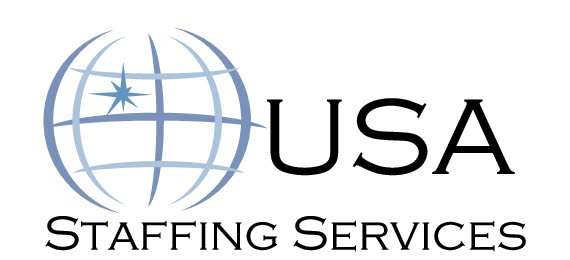This article from Sudeep Reddy of the Wall Street Journal continues to confirm that while unemployment rates remain high, many companies are adding staffing firms as permanent partners to avoid hiring permanent employees.
***
Companies are making do with a mix of more temporary and part-time workers at the expense of adding permanent jobs, a trend that suggests the U.S. labor market could stay stuck in neutral for months to come.
Temporary-help payrolls have risen for 11 of the past 12 months, with the sector adding 16,900 jobs in September, according to Labor Department data released Friday. The number of part-timers, meanwhile, surged 612,000 to 9.5 million, the highest on record—a combination of workers who saw their hours cut back and those who were unable to find a full-time position.
Employers typically hire more temp workers as they gear up for an economic expansion, eventually converting many of those workers to full-time jobs. But that has been slow to happen this time around.
"They want to be cautious," said Charles Sigrist, president and CEO of Stivers Staffing Services Inc., a Chicago-based staffing firm. "Clients aren't ready to make that move to hiring full-time. They really don't know what their bottom line is going to be."
The reliance on temps may reflect a longer-run trend toward companies leaning on temporary or contingent labor to fill more of their labor needs. Motorcycle manufacturer Harley-Davidson Inc., for instance, signed a new union contract last month that creates a tier of "casual workers" with no benefits and no minimum number of hours, allowing the company to call up workers when they're needed.
Employers' reluctance to make permanent hires reflects the continued uncertainty about the strength and durability of the recovery. "We're doing more work with less," said Eric Anderberg, vice president of Dial Machine Inc., a contract machining firm that saw sales drop by almost half last year. "You're apprehensive because of what took place last year and because of the uncertainty. We're busy right now but not as busy as 2008."
The Rockford, Ill., company has picked up half a dozen temps, supplementing its staff of 65, for entry-level work. Mr. Anderberg said he's relying on temps to keep costs down and guard against the risk of having to cut a permanent worker later. "It brings me a little more certainty, because I know some of the costs I'm not going to be paying," he said.
Many employers that instituted wrenching job cuts and cost reductions during the downturn are now leaning on temps and other types of contingent workers to fill gaps without creating new burdens on their payrolls.
"Times are tough," said Cynthia Vivian, director of human resources at the American Library Association, a nonprofit group. "We have held back on doing permanent, regular hires. How do we then support the staff in tough times? We go the temp route until we can make an assessment." The group, which has 285 employees on its payroll, now has about four temps and had more before its fiscal year turned on Sept. 1. The organization is doing "limited" hiring of full-time workers, Ms. Vivian said, "but it is not the way it used to be."
Chief financial officers say about 23% of recent hiring has been directed at contract and part-time employees, up from 17% prior to the recession, a recent Duke University/CFO Magazine survey found. Companies expect temp hiring to continue growing faster than overall hiring in the next year, the survey found.
Small businesses in particular reported a greater reliance on temporary and contract employees. "Smaller companies are a little more financially stressed right now," said Duke finance professor John Graham, who directs the survey. "They're having a harder time swallowing the fixed costs that come with hiring a full-time employee."
***
USA Staffing Services:
Clearly, a great time to be in this industry! To gain a competitive advantage, check out our Web site today!
http://www.usastaffingservices.com/

No comments:
Post a Comment